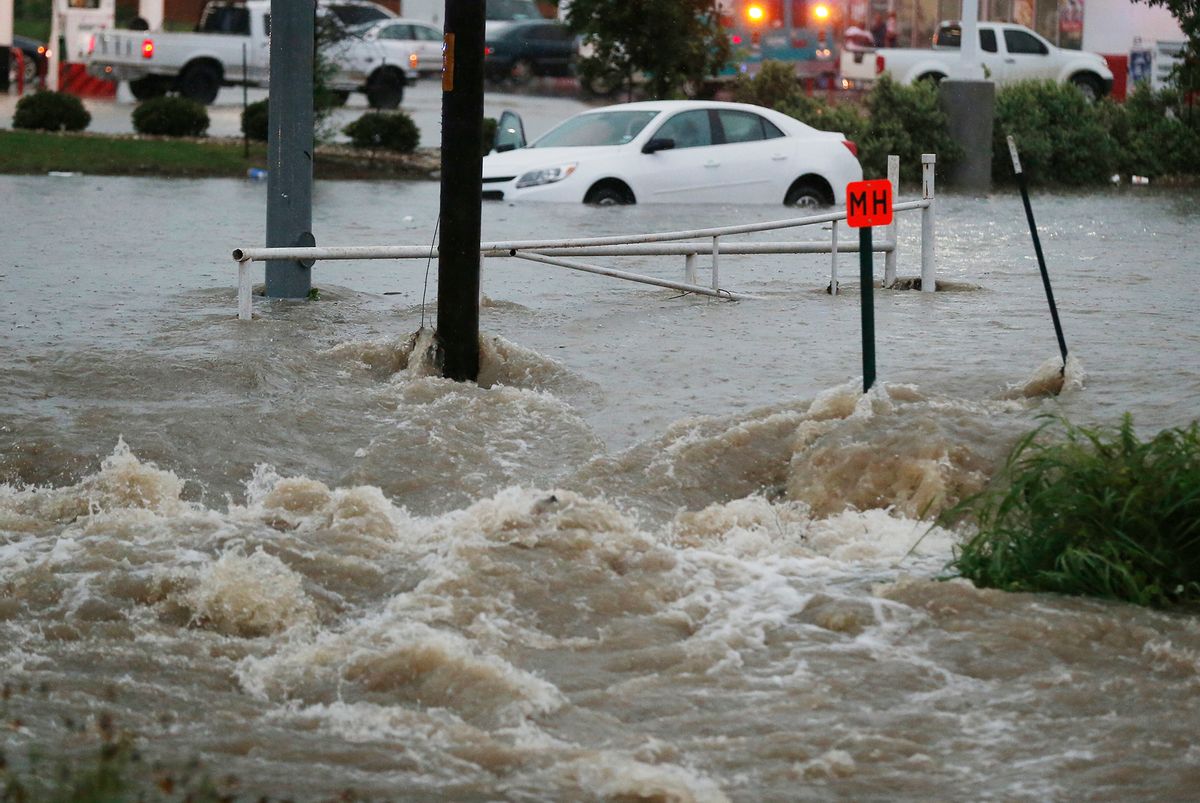This past May in the United States wasn't just really rainy -- it was the country's wettest month in 121 years of recorded history.
The contiguous U.S. received 4.36 inches of rain last month, NOAA reports, a full 1.45 inches above average. With the exception of the East and West Coasts, much of the country saw highly above-average precipitation levels; Colorado, Texas and Oklahoma had their wettest Mays on record, and the latter two had their wettest months, period.

Dozens were killed across Oklahoma and Texas, which saw an estimated 594 flash flood warnings in May alone -- 97 more than were issued in all of 2014. The downpours also put an end to the two states' widespread droughts; 37.4 percent of the contiguous U.S. was in a state of drought at the end of April, but by the beginning of June, that had dropped down to 24.6 percent.
All of this, of course, comes as little consolation to California, where drought conditions are just as bad as ever.
Temperature-wise, May was unusually warm -- .6 degrees Fahrenheit above the 20th century record -- and the entire spring, from March to May, was the eleventh warmest on record. Florida had its warmest-ever spring, beating its previous record, from 2012, by 1.1 degrees Fahrenheit. And for all of 2015 thus far, temperatures have averaged 1.8 degrees Fahrenheit above the 20th century average.
Climate change didn't cause the rain to fall in May, but it very likely made the bad weather worse: scientists say that climate change exacerbates both wet and dry extremes, and "extreme precipitation events" in the U.S. are already becoming more common and more extreme.

Shares